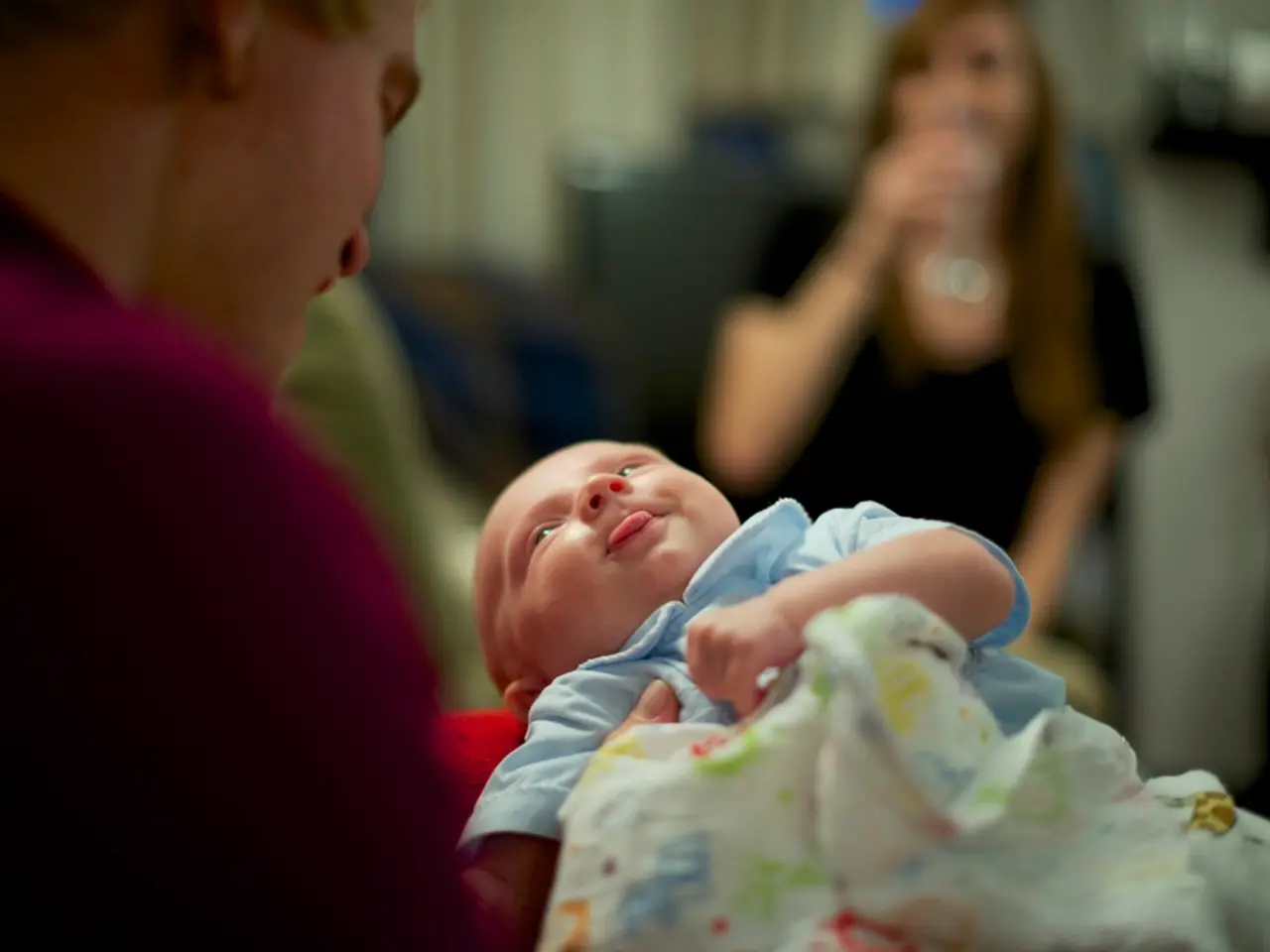Exploring Gender Balance: Parenting Trends in Current-Day Nigeria
In modern Nigeria, a significant shift in parenting practices is underway, challenging traditional gender roles and promoting gender equality within families. This transition is marked by a more equitable distribution of responsibilities between men and women in child-rearing, household duties, and decision-making.
Traditionally, Nigerian parenting often assigned rigid roles based on gender, with women primarily responsible for child care and domestic tasks, while men were the breadwinners and authority figures. However, recent changes in Nigerian society, especially in urban areas and among educated families, show increased involvement of fathers in parenting and household management, reflecting a more modern approach.
This shift is influenced by several factors, including education and awareness, digital exposure, and economic pressures. More women are educated and economically active, which shifts family dynamics towards sharing roles. Nigerian families are increasingly exposed to global ideas of gender roles and equality through social media and digital platforms, leading to questioning of traditional norms. Economic challenges push families to adopt flexible roles where both parents contribute actively beyond traditional expectations.
This change helps reduce gender disparities by fostering cooperation in child upbringing and decision-making, diminishing stereotypes about “male” and “female” responsibilities. It empowers parents, particularly women, to pursue their careers and personal interests.
However, the extent of this shift varies with region, cultural background, and level of faith influence. For example, in strongly religious or rural communities, traditional gender roles remain more entrenched due to faith leadership and cultural expectations.
Modern parenting practices in Nigeria include shared childcare and domestic duties, joint decision-making, and a focus on career and parenting balance. By embracing gender equality in parenting, Nigerian parents are fostering an environment where both parents contribute equally to the upbringing of their children, promoting open-mindedness and adaptability in children.
Examples of successful Nigerian parents balancing their gender roles include the Dike, Ibrahim, and Okonkwo families. Allowing men to actively participate in parenting enables them to bond with their children and develop a strong emotional connection. This not only benefits the children but also contributes to a healthy work-life balance for both parents.
The journey towards balanced gender roles in modern Nigerian parenting is marked by cultural and societal resistance, role conflict within relationships, and external pressures and judgments. However, it is crucial for the healthy development of children and the advancement of society.
The rise of gender equality and women's empowerment movements further accelerates this paradigm shift. The call to embrace gender equality in parenting is a call for individual growth and collective societal transformation, encouraging parents to challenge stereotypes and share responsibilities in raising a child. It is a call to break free from the societal expectations that confine parents to traditional domestic roles and to create a future where every child, regardless of gender, has the opportunity to thrive.
- In modern Nigerian families, the distribution of childcare responsibilities is becoming more equitable due to the shift in parenting practices.
- The increased focus on education and awareness is driving the shift towards gender equality in child development, challenging traditional gender roles.
- By embracing health-and-wellness practices, modern Nigerian parents are promoting a lifestyle that prioritizes the well-being of their kids and themselves.
- Despite the cultural and regional differences, more fathers are engaging in childcare and household management, fostering child development in a collaborative environment.
- Family dynamics within urban and educated families are evolving, with both parents assuming responsibilities traditionally assigned to either gender.
- Kid's behavior and upbringing can be significantly influenced by the parenting approach that embraces gender equality and shared responsibilities at home.
- Raising children in a contemporary Nigerian family means fostering a home environment that encourages parenting and family balance, which is crucial for child development.
- As parents strive for a balance in parenting and work, they are setting examples for their kids, promoting the value of science and open-mindedness in child development.




